Sergei Urusevsky
Nacimiento : 1908-12-10, Saint Petersburg, Russian Empire
Muerte : 1974-10-12
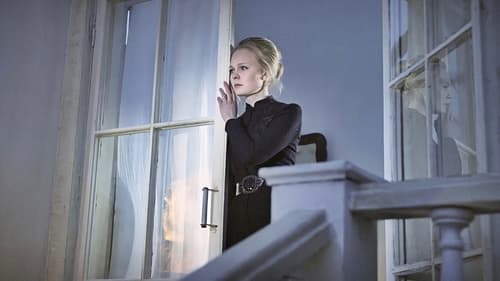
Director of Photography
About the life and work of the poet Sergei Yesenin, his connection with his native country, its people and nature. Childhood, love, painful searches for his place in the new, revolutionary Russia — everything found a place in Yesenin's lyrics. Frames illustrating Yesenin's poetry and poems are side by side in the film with episodes of the poet's biography: the film reflects the days of his stay in America, World War I, revolution and village round dances, a daring uncle, a wise mother...

Writer
About the life and work of the poet Sergei Yesenin, his connection with his native country, its people and nature. Childhood, love, painful searches for his place in the new, revolutionary Russia — everything found a place in Yesenin's lyrics. Frames illustrating Yesenin's poetry and poems are side by side in the film with episodes of the poet's biography: the film reflects the days of his stay in America, World War I, revolution and village round dances, a daring uncle, a wise mother...

Director
About the life and work of the poet Sergei Yesenin, his connection with his native country, its people and nature. Childhood, love, painful searches for his place in the new, revolutionary Russia — everything found a place in Yesenin's lyrics. Frames illustrating Yesenin's poetry and poems are side by side in the film with episodes of the poet's biography: the film reflects the days of his stay in America, World War I, revolution and village round dances, a daring uncle, a wise mother...

Director
Based on Chingiz Aitmatov’s novel "Farewell, Gyulsary!" The story of Tanabai the blacksmith, father of three children, who upon his return from war became a herdsman, and his tragic love for the soldier’s widow Byubyudzhan. The lyrical poem has an additional storyline concerning the horse Gyulsary and his master Tanabai.
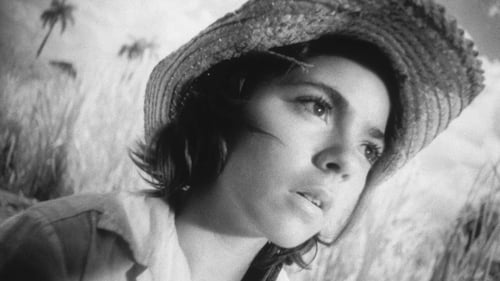
Cinematography
A través de cuatro historias se describe la lenta evolución de Cuba, del régimen de Batista a la revolución de Fidel Castro. Son cuatro narraciones que refuerzan el ideal comunista frente al capitalismo. A lo largo de estos episodios, Cuba se libera de sus dependencias políticas para reafirmar su identidad, singular e independiente, con sus contradicciones y esperanzas.
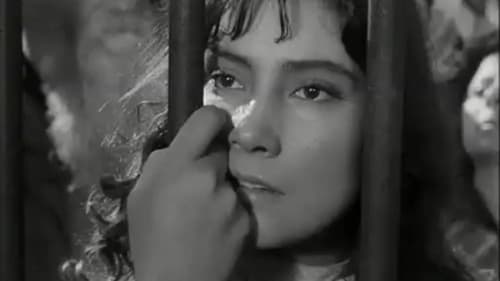
Director of Photography
Historia de un pequeño grupo de geólogos soviéticos en busca de diamantes en Siberia.
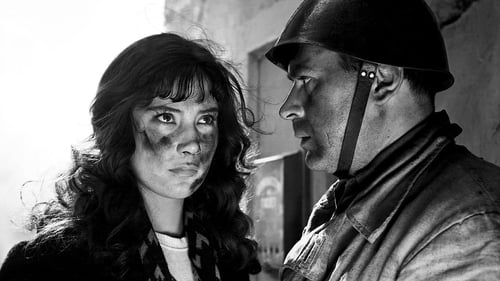
Director of Photography
Veronika y Boris se juntan en Moscú poco antes de la Segunda Guerra Mundial. Caminando a lo largo del río, ven las cigüeñas volar sobre sus cabezas y prometen encontrarse antes de que Boris se vaya a luchar. Boris se pierde la reunión y se dirige al frente, mientras Veronika espera pacientemente, enviando cartas fielmente. Después de que su casa es bombardeada, Veronika se muda con la familia de Boris, en compañía de un primo con sus propias intenciones.

Cinematography
Primeros años de la Revolución Bolchevique. Una unidad del Ejército Rojo lleva a cabo una operación de exploración en los desiertos del Asia central. Con los soldados viaja María, que destaca entre los mejores francotiradores de la unidad. En la última operación hace prisionero a un soldado de Ejército Blanco. La situación en la que se encuentran hace surgir una compleja pasión entre quienes son enemigos de clase. Historia de amor que cautivó al jurado del Festival de Cannes en 1957, que le otorgó a la película un premio especial. (FILMAFFINITY)

Cinematography
In one of the steppe regions of Kazakhstan arrives on Komsomol youth squad. Severe frosts, spring mud flows, exhausting work than their specialty - the development of virgin land does not come easy. But the young are young - they work, enjoy life, fall in love. In the center of the story - the touching romance secretary of the Komsomol organization and tractor driver Anne.

Director of Photography
On falling in love with Sergey, Natasha gives up studies at a pedagogical institute and accompanies him to a construction site. In a course of time she realizes that her husband is interested only in his work. She leaves him, graduates from the institute and works as a teacher. But Sergey is fired for authoritative style of work and Natasha realizes that she must be near to him in his hour of need.
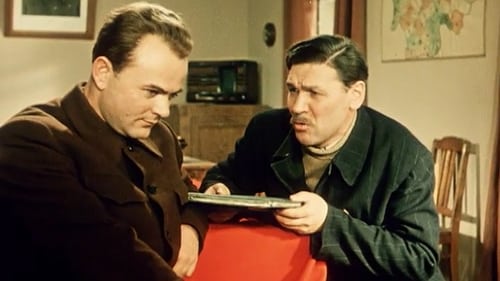
Cinematography
Originally titled Vozvrachenia Vassilya Bortnikov, Vassili's Return was the last directorial effort by the great V.I. Pudovkin, who died in June of 1953. Like many of Pudovkin's later works, the film was diluted by interference from communist party officials; what remains, however, is well worth having, if miles removed from the brilliance of his earlier Mother, End of St. Petersburg and Storm over Asia. Based on a novel by G. Nikolayeva, the story centers upon a Russian named Vassili (Serge Lukynaov), who leaves his wife to do battle against the Germans in WW II. When Vassili is reported to have been killed in battle, his wife Avodtya (Natalya Medvedeva) marries another man. Per the film's title, Vassili returns, only to find his wife ostensibly out of his reach. Vassili and his former spouse eventually reunite as friends if not lovers, working side by side on a state-approved collective farm.
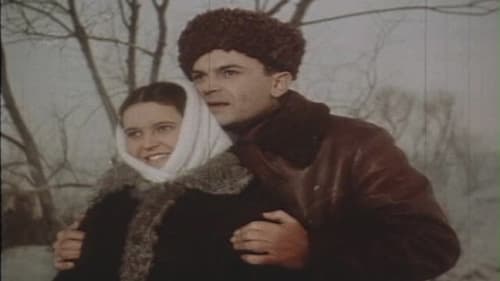
Cinematography
Soviet filmmaker Yuri Raisman once more combines political dogma with solid entertainment values in Dream of a Cossack (aka Cavalier of the Golden Star). The title character, played by future director Sergei Bondarchuk (and billed for obscure reasons as Semyon Bondarchuk), is an ex-soldier who returns home to the Kuban region, there to take up life as a farmer. Instead, he galvanizes the local citizenry into participating in a massive construction project, which will result in a new power station and canal. Thus does Raisman offer an prime example of Russian collectivism while making it seem as though it had sprung from individual initiative. Dream of a Cossack is based on a popular novel by S. Babayefsky.

Cinematography
Mark Donskoy went to the wilds of Siberia to film this Soviet movie about a community that resists the temptations of a wicked American capitalist who wants to exploit their lands.

Cinematography
Varvara Basilievna es una joven profesora que elige irse a Siberia donde muy pocos profesores se atreven a sacrificarse para enseñar a los niños de aquellas heladas tierras. Su vida como comprometida docente y como mujer enamorada, transcurrirá a lo largo de la Primera Guerra Mundial, la Revolución de Octubre y el auge del fascismo en Europa.













